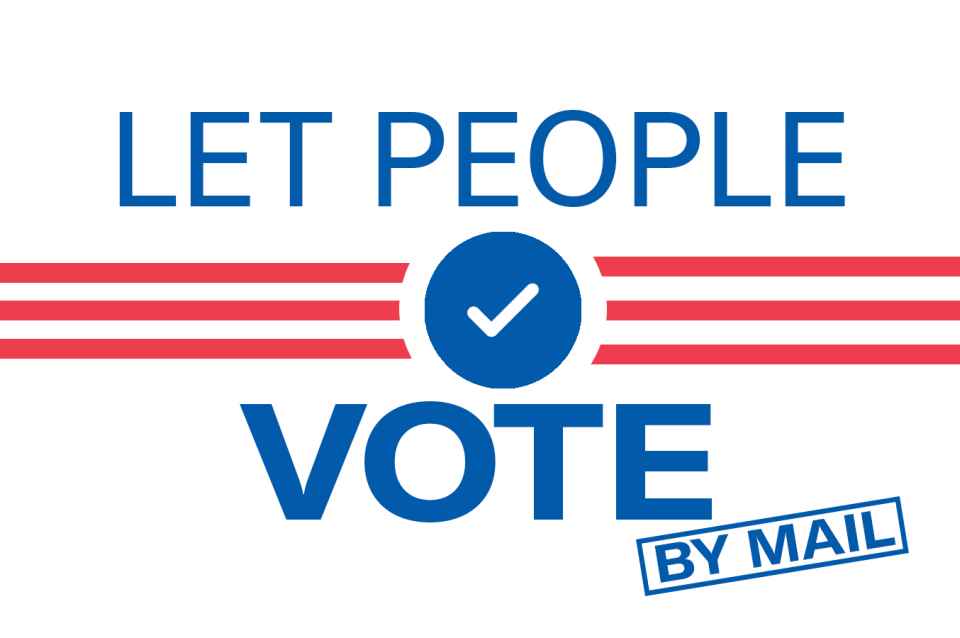
Common Cause Rhode Island v. Gorbea
What's at Stake
The American Civil Liberties Union, Campaign Legal Center, and law firm Fried Frank filed a federal lawsuit challenging Rhode Island’s witness/notary requirements for voting by mail throughout the 2020 elections.
Summary
Rhode Island is in the minority of states in requiring mail-in ballot envelopes to be signed by either two lay witnesses or one notary. Although this requirement can be burdensome in normal times, in the context of COVID-19, it poses public health risks for voters, particularly those who are at high risk of serious complications from COVID-19. Governor Gina Raimondo waived this requirement for the June 2020 presidential primary, but failed to do so for the September primary and November general elections.
On July 23, 2020, the ACLU, the ACLU of Rhode Island, the Campaign Legal Center, and Fried, Frank, Harris, Shriver & Jacobson sued state officials in federal court, challenging the state’s witness and notary requirements for voting by mail. We represented Common Cause Rhode Island and the League of Women Voters of Rhode Island, as well as three individual voters with disabilities who would have difficulty obtaining two witnesses for their ballot. The lawsuit requested an order preventing state officials from enforcing the witness requirement for the duration of the COVID-19 pandemic.
Shortly after the lawsuit was filed, the parties came to an agreement. In the decree, Rhode Island agreed to forgo enforcing the witness and notary requirement for ballots sent by mail. Meanwhile, the Republican National Committee and the Republican Party of Rhode Island moved to intervene in the case, which the court denied, instead entering the consent decree. The Republican entities appealed the denial of their motion to intervene, and the entry of the consent decree, and further sought a stay of the judgment. The First Circuit rejected the application for a stay, though it reversed the order denying intervention. In other words, the Republican entities were permitted to appeal the underlying order further, but the First Circuit upheld the consent decree. The Republican entities then sought a stay in the U.S. Supreme Court, which was denied.
Legal Documents
-
08/13/2020
Common Cause Rhode Island v. Gorbea: Supreme Court Order
Date Filed: 08/13/2020
Download Document-
08/07/2020
First Circuit ruling
Date Filed: 08/07/2020
Download Document-
07/30/2020
CONSENT DECREE - Common Cause of RI v Gorbea
Date Filed: 07/30/2020
Download Document-
07/23/2020
COMPLAINT - Common Cause Rhode Island v. Gorbea
Date Filed: 07/23/2020
Download DocumentPress Releases
Rhode Island Drops Vote-By-Mail Requirements That Put Voters at Risk During COVID-19 Pandemic
Groups Challenge Rhode Island Vote-By-Mail Requirements That Put Voters at Risk During COVID-19 Pandemic